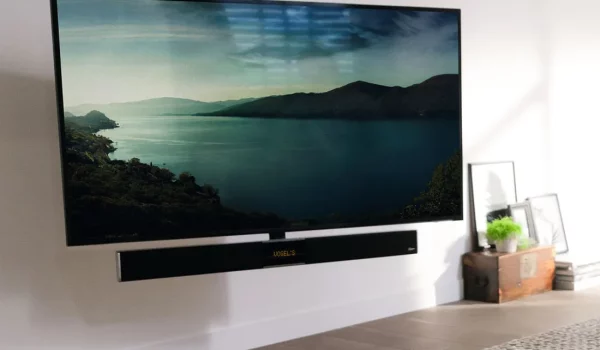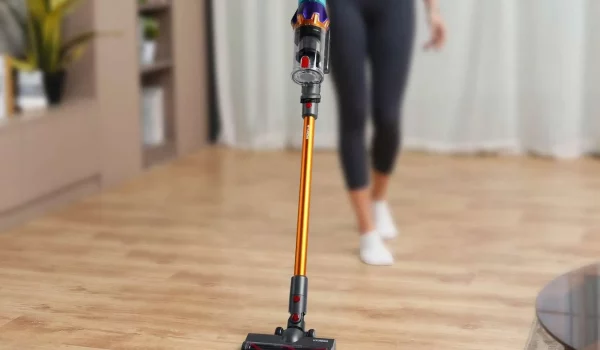Gebruik en reparatie van wasmachines
Eén op de 3 Nederlanders repareert de wasmachine zelf of laat hem repareren in plaats van dat ze het apparaat vervangen. Vooral consumenten onder de 40 jaar gaan zelf aan de slag met de reparatie van hun wasmachine. Dat blijkt uit onderzoek dat de Inspectie Leefomgeving en Transport (ILT) heeft laten uitvoeren door I&O Research. Doel van het onderzoek was om te bepalen op welk deel van de ecodesign-regelgeving de ILT haar toezicht kan richten om het grootste maatschappelijke effect te bereiken.
Van de Nederlanders die in de afgelopen 3 jaar een defect aan hun wasmachine hadden – na een levensduur van gemiddeld 11 jaar – heeft de helft direct een nieuwe wasmachine aangeschaft. Wanneer de wasmachine wordt gerepareerd, dan worden 4 op de 10 van deze reparaties door Nederlanders zelf uitgevoerd. Driekwart van de Nederlanders die afziet van reparatie doet dit vanwege de ouderdom van de wasmachine.
Redenen om de wasmachine te (laten) repareren zijn kostenbesparing, tevredenheid over de huidige wasmachine en dat het beter is voor het milieu. Voor 1 op de 5 Nederlanders zijn de kosten voor onderdelen reden om de wasmachine niet te (laten) repareren, net als de kosten voor een monteur. In de regelgeving wordt overigens geen eis gesteld aan de kosten van een reserveonderdeel of de kosten van reparatie.
Other relevant publications
Re-use of soundbars
How feasible is it to give soundbars a second life? Commissioned by Stichting OPEN, Second Use investigated the re-use potential of four soundbar models, revealing insights into repairability, consumer interest, and key barriers.
Re-use of cordless vacuum cleaners
The re-use of cordless vacuum cleaners presents interesting opportunities, but battery replacement costs pose a significant challenge. This study, conducted by Second Use on behalf of Stichting OPEN, examines the feasibility of refurbishment and identifies key improvements to extend the lifespan of these appliances.







